America is battling a pandemic. Why is Trump talking about war with Iran?
He just cannot keep his eye on the ball

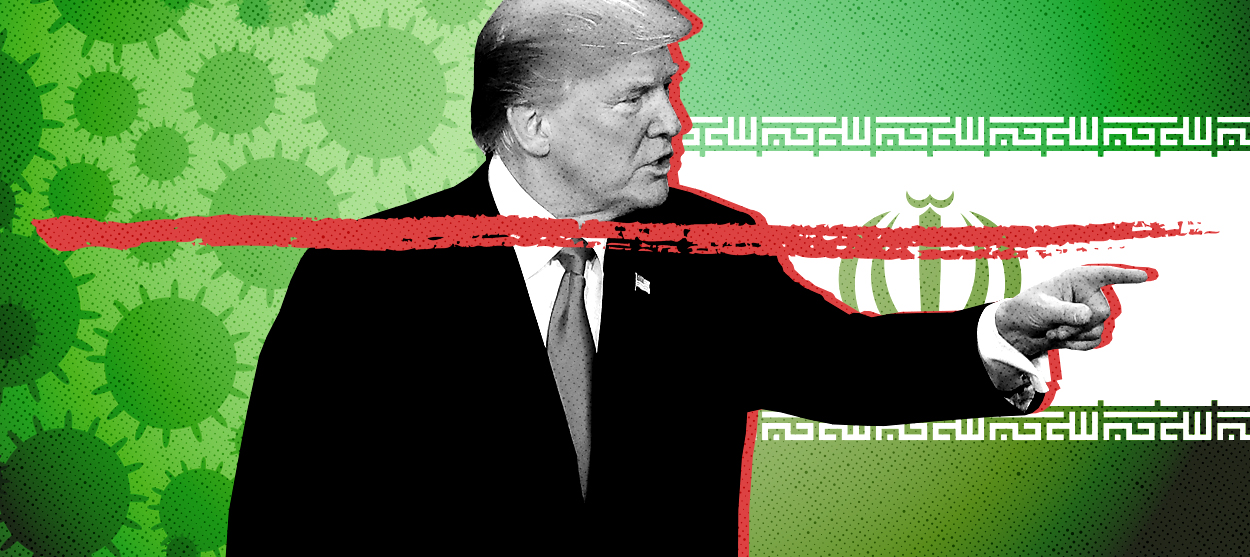
A free daily email with the biggest news stories of the day – and the best features from TheWeek.com
You are now subscribed
Your newsletter sign-up was successful
Because an economy-wrecking pandemic isn't enough to deal with, the Trump administration is making aggressive noises at Iran.
"Upon information and belief, Iran or its proxies are planning a sneak attack on U.S. troops and/or assets in Iraq," President Trump tweeted on Wednesday. "If this happens, Iran will pay a very heavy price, indeed!"
The White House didn't provide any additional information about Trump's tweet or his claim of a "sneak attack" being planned. But it should go without saying that going to war with Iran right now would be a terrible thing.
The Week
Escape your echo chamber. Get the facts behind the news, plus analysis from multiple perspectives.

Sign up for The Week's Free Newsletters
From our morning news briefing to a weekly Good News Newsletter, get the best of The Week delivered directly to your inbox.
From our morning news briefing to a weekly Good News Newsletter, get the best of The Week delivered directly to your inbox.
January's near-miss of open war with Iran — triggered when the United States assassinated General Qassem Soleimani, the commander of Iran's elite Quds Force — seems like a million years ago at this point. But even as the COVID-19 pandemic has escalated, White House officials have reportedly been pushing behind the scenes to escalate military action against Iran, despite warnings from military commanders that doing so could destabilize the Middle East and require the commitment of thousands of additional U.S. troops to the region.
The pandemic is ravaging both countries. The United States has the most confirmed cases of coronavirus in the world — and is facing shortages of critical equipment and medicines — while the death rate in Iran is so steep that the country has dug mass graves that can be seen from space. Meanwhile, the United States has refused to ease up on sanctions in Iran, making that country's efforts to fight the disease that much more difficult. Secretary of State Mike Pompeo said this week there was a chance the sanctions could be loosened, but given this administration's overall history of hawkishness toward Iran, it is probably unwise to expect such a positive development.
Iran isn't totally innocent in all of this. Its proxies really are attacking and otherwise making trouble for U.S. troops in Iraq. But going to war with the regime in Tehran was an awful prospect in January, and it's an even worse idea during the health emergency facing both countries, for a number of reasons.
First, the Trump administration can't walk and chew gum at the same time. Don't take my word for it — the president's allies have recently been floating the idea that Trump was slow to react to the threat of the virus because he was occupied during the early part of this year with impeachment proceedings. The idea is that it is really Democrats' fault the president didn't keep his eye on the ball.
A free daily email with the biggest news stories of the day – and the best features from TheWeek.com
"It came up while we were, you know, tied down in the impeachment trial," Senate Majority Leader Mitch McConnell (R-Ky.) said in a radio interview last week. "And I think it diverted the attention of the government, because everything, every day, was all about impeachment." The president didn't distance himself from that theory.
The assertion is nonsense. Impeachment didn't keep the president from golfing or holding rallies after the virus emerged in China. And he seems to be easily diverted from the life-or-death business at hand, regardless of what Democrats do — he bragged during Wednesday's press briefing that he was "No. 1 on Facebook," once again betraying his obsession with popularity metrics. But maybe we should take Republicans at their word: Trump can't concentrate on two things at once. Washington should forget Iran for a few months and focus exclusively on the virus.
In addition, the military is having its own troubles fighting the pandemic. In recent days, a debate has been flaring up in military circles: Should the military spend its energy fighting the spread of the virus in its ranks — the armed services have reported more than 1,300 cases including five deaths — or should it prioritize being ready to deploy and fight?
Captain Brett Crozier, commander of the USS Theodore Roosevelt, is apparently in the former camp. Dozens have fallen sick in the ship's tight conditions, and Crozier wrote a letter begging superiors to allow the evacuation of 4,000 sailors from the aircraft carrier so they can be quarantined under "social distancing" conditions. "We are not at war," he wrote. "Sailors do not need to die. If we do not act now, we are failing to properly take care of our most trusted asset — our sailors."
But his request has proven controversial because standing down means the United States will be less able to go into battle at a moment's notice. "Just as the COVID-19 threat becomes a priority, it does not mean that other threats disappear or enemies stand down," a former defense official told The New York Times.
Escalating tensions with Iran is a choice, however. And it is difficult to imagine an uglier choice than sending sick and dying sailors, soldiers, and marines to confront sick and dying Iranian troops. Our service members know they may be called upon to make sacrifices, but they shouldn't have to do so when there are better options available.
Finally, we must remember that President Trump is a chronic liar. You should never take his word as truth. His rationale for killing Soleimani — that he was supervising "actively developing plans" for attacks on U.S. troops — dissolved upon scrutiny. His sudden public pivot to Iran this week, coming while he is under fierce criticism for his handling of the COVID-19 crisis, might well be a distraction. The New York Times reported last week the Pentagon had been ordered to plan for military action because some Trump administration officials "see an opportunity to try to destroy Iranian-backed militia groups in Iraq as leaders in Iran are distracted by the pandemic crisis in their country." That suggests administration officials are less interested in defending American troops and more focused on seizing an advantage against a disliked regime. That's a nasty kind of opportunism.
There is simply no reason to ever trust this president with matters of life or death.
We don't really have a choice, though, do we? Hundreds of millions of Americans are depending on Trump's decisions to protect them from sickness. This is a terrible moment in our history. There is no good reason to compound it by going to war with Iran.
Want more essential commentary and analysis like this delivered straight to your inbox? Sign up for The Week's "Today's best articles" newsletter here.
Joel Mathis is a writer with 30 years of newspaper and online journalism experience. His work also regularly appears in National Geographic and The Kansas City Star. His awards include best online commentary at the Online News Association and (twice) at the City and Regional Magazine Association.
-
 Political cartoons for February 15
Political cartoons for February 15Cartoons Sunday's political cartoons include political ventriloquism, Europe in the middle, and more
-
 The broken water companies failing England and Wales
The broken water companies failing England and WalesExplainer With rising bills, deteriorating river health and a lack of investment, regulators face an uphill battle to stabilise the industry
-
 A thrilling foodie city in northern Japan
A thrilling foodie city in northern JapanThe Week Recommends The food scene here is ‘unspoilt’ and ‘fun’
-
 ‘The mark’s significance is psychological, if that’
‘The mark’s significance is psychological, if that’Instant Opinion Opinion, comment and editorials of the day
-
 ‘My donation felt like a rejection of the day’s politics’
‘My donation felt like a rejection of the day’s politics’Instant Opinion Opinion, comment and editorials of the day
-
 How Iran protest death tolls have been politicised
How Iran protest death tolls have been politicisedIn the Spotlight Regime blames killing of ‘several thousand’ people on foreign actors and uses videos of bodies as ‘psychological warfare’ to scare protesters
-
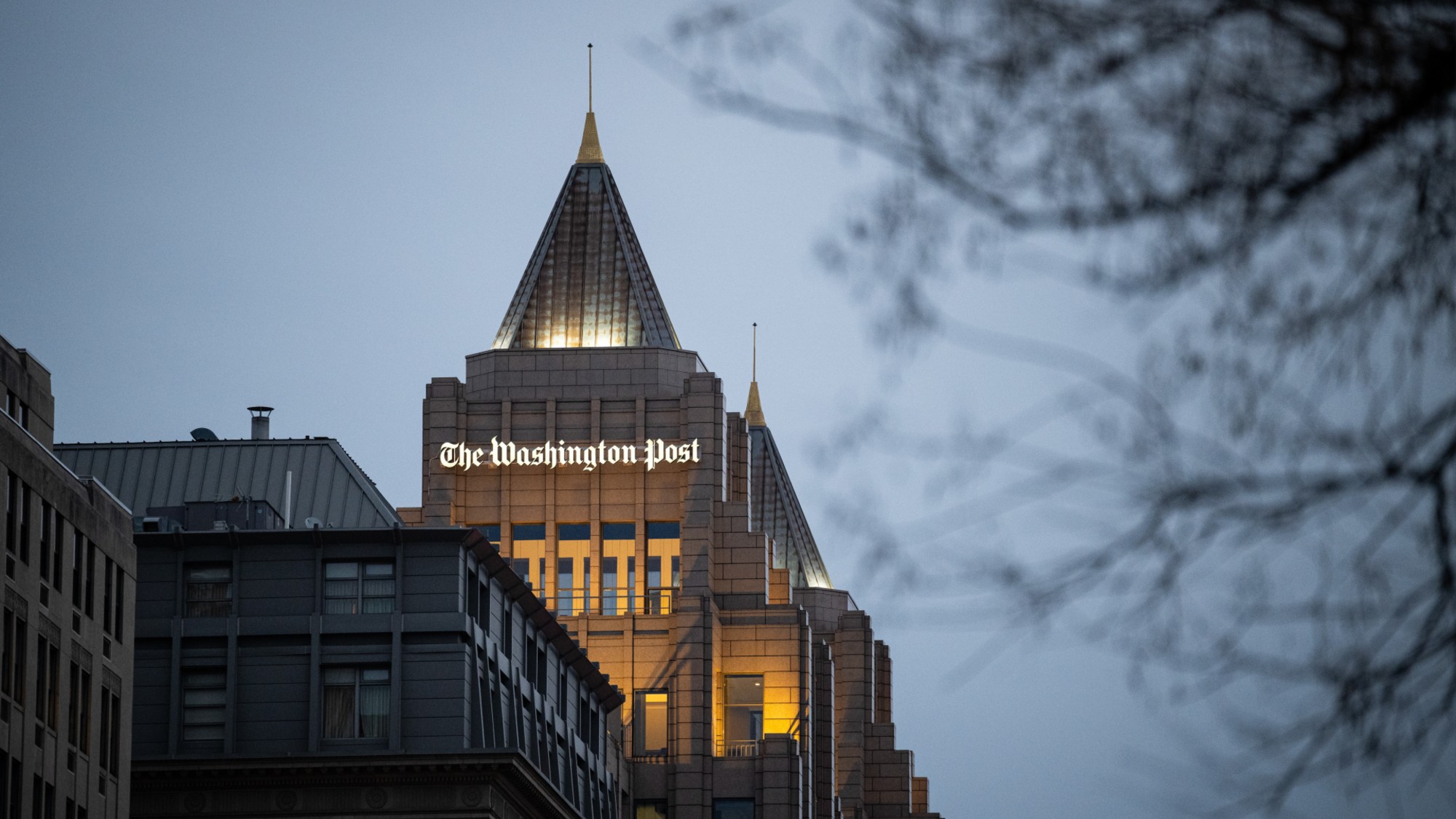 ‘It may portend something more ominous’
‘It may portend something more ominous’Instant Opinion Opinion, comment and editorials of the day
-
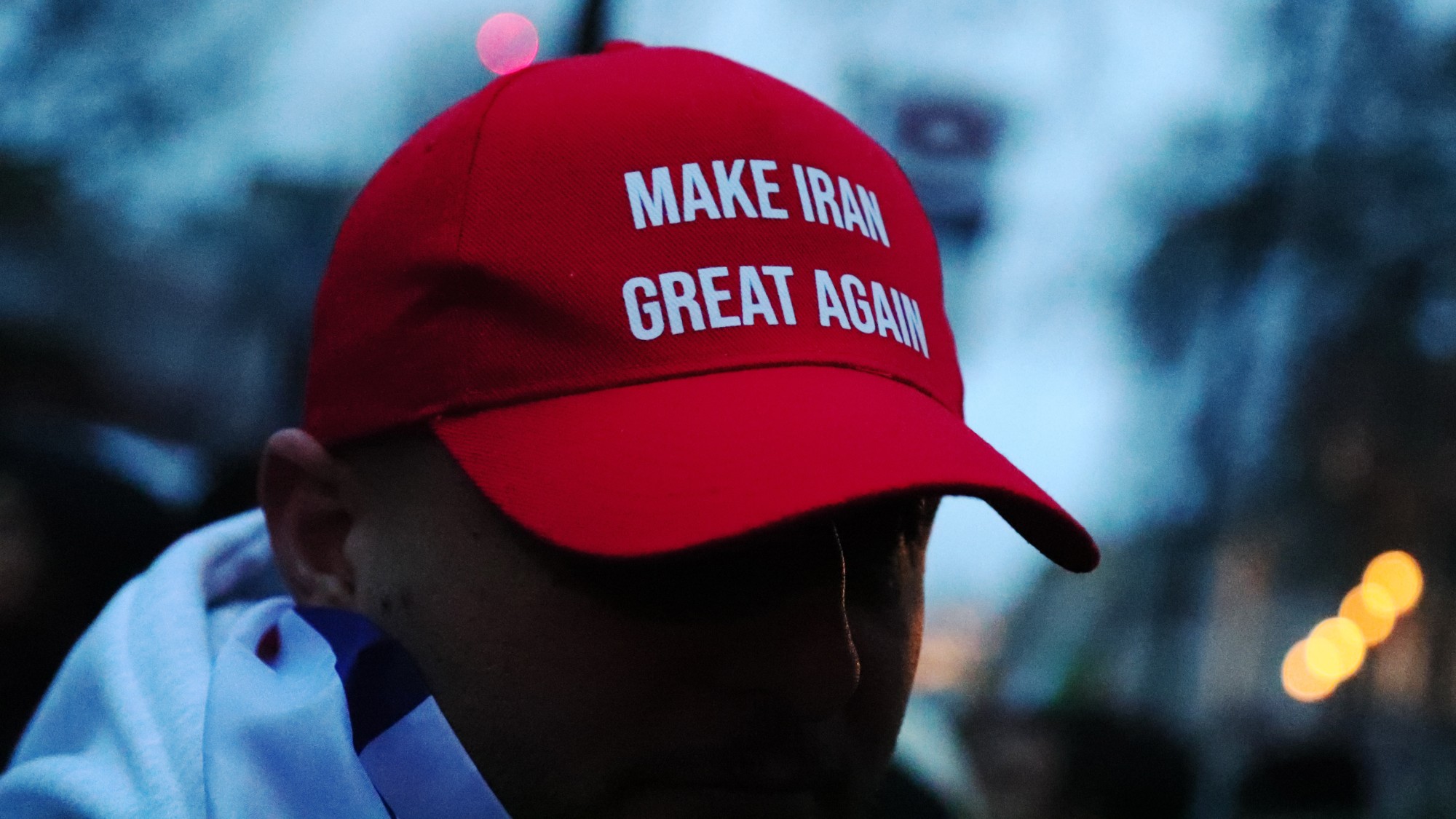 What are Donald Trump’s options in Iran?
What are Donald Trump’s options in Iran?Today's Big Question Military strikes? Regime overthrow? Cyberattacks? Sanctions? How can the US help Iranian protesters?
-
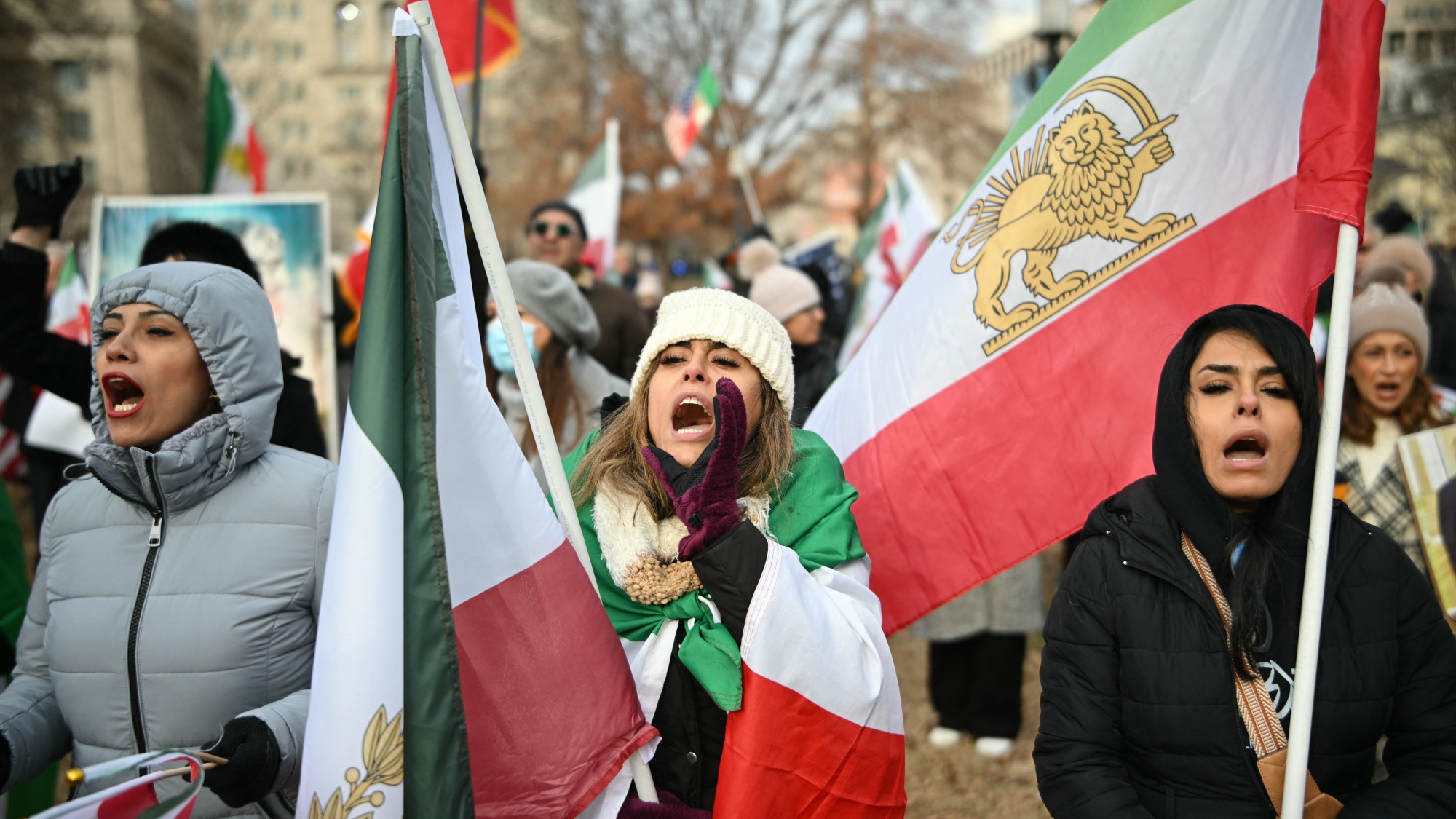 Unrest in Iran: how the latest protests spread like wildfire
Unrest in Iran: how the latest protests spread like wildfireIn the Spotlight Deep-rooted discontent at the country’s ‘entire regime’ and economic concerns have sparked widespread protest far beyond Tehran
-
 The billionaires’ wealth tax: a catastrophe for California?
The billionaires’ wealth tax: a catastrophe for California?Talking Point Peter Thiel and Larry Page preparing to change state residency
-
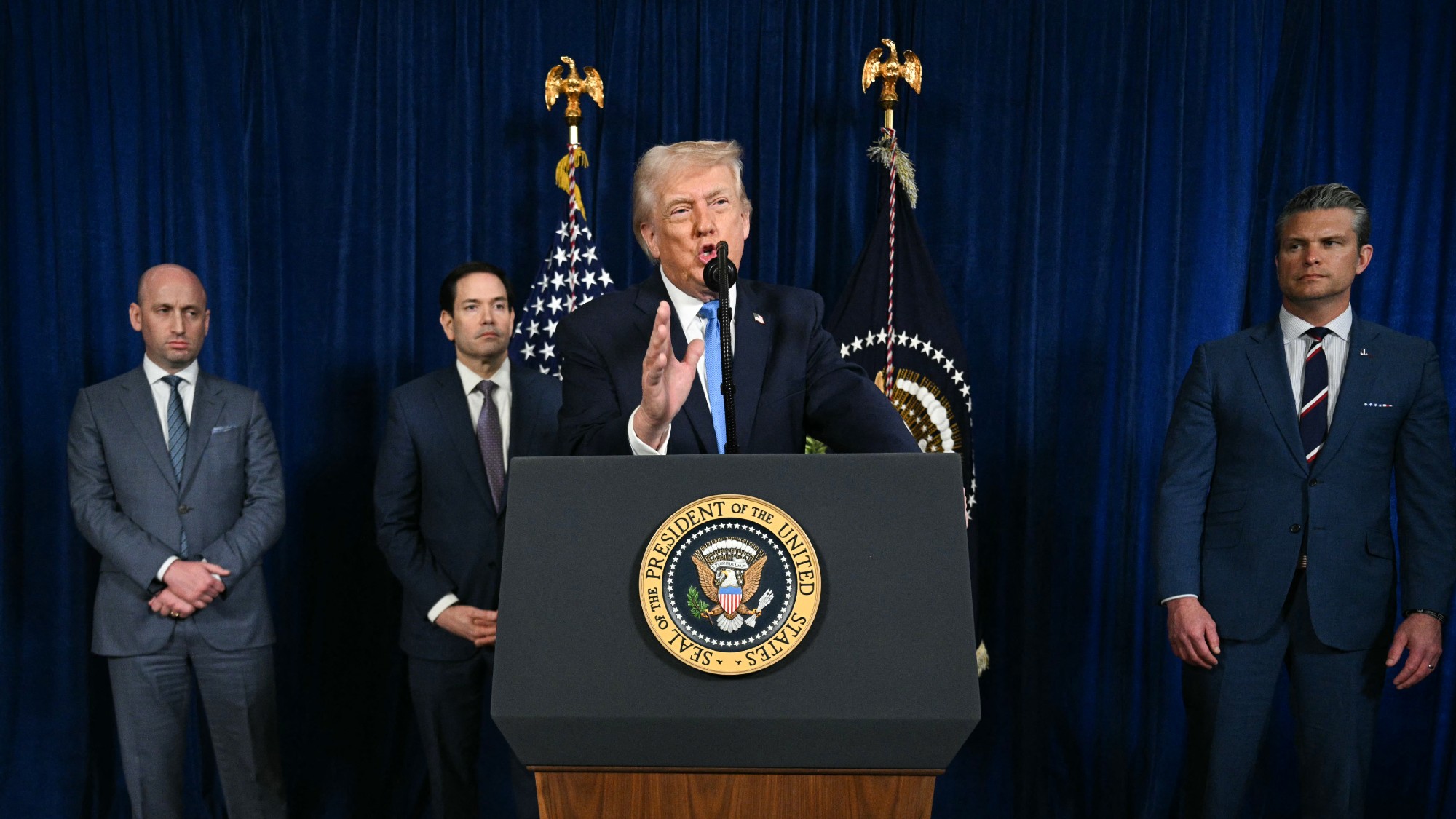 What is the Donroe Doctrine?
What is the Donroe Doctrine?The Explainer Donald Trump has taken a 19th century US foreign policy and turbocharged it
